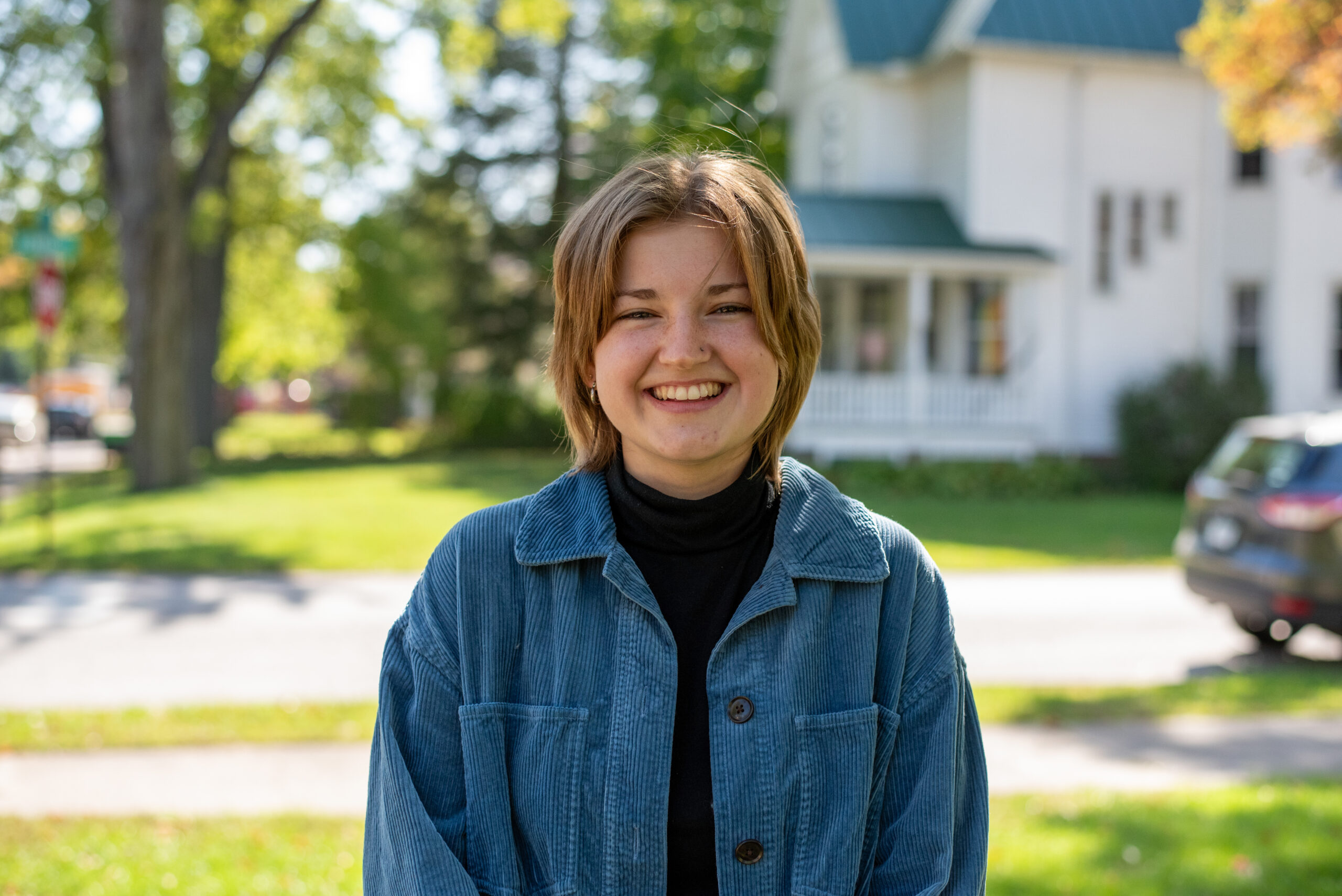Last May, I had the privilege of going to Palestine for my May term class on interreligious peacebuilding. We stayed mostly in Bethlehem (a town in Palestine), but traveled to other Palestinian and Israeli territories.
Since then, I’ve been trying to stay informed about current events and work especially hard to still understand the Palestinian perspective in a news media ecosystem dominated by the Israeli narrative. I feel like a piece of my heart belongs to Bethlehem and all of the amazing, hospitable and thoughtful Palestinians I met — the majority of whom are deeply committed to peace work.Over the past couple of days, I’ve had friends and family members reach out and ask what I think about the current situation. I’m not in a position to make a declaration of right and wrong or identify the cause of the war. I can, however, share some things to think about:
One: Our usage of “terrorism.” Hamas is a group founded in 1987 by a Palestinian refugee living in Gaza during a time of massive turmoil and protests surrounding Israel’s occupation. In 2007, it seized control of Gaza from the Palestinian Authority, who had been internationally recognized as the governing body of Gaza. The Palestinian Authority still has administrative control within the West Bank, but Gaza is ruled by Hamas. Hamas is usually described in news articles as a “terrorist” or “militant” organization, and while technically Hamas has been designated by the U.S. as a terrorist group, it’s critical to think about the politics behind that designation. Reading a story about Israel fighting a “terrorist group” makes one much more likely to sympathize with Israel and discount the Palestinian narrative, but we don’t stop to think about the countless injustices and atrocities that the Israeli government has committed.
We don’t think about how Israeli settlements in Palestinian territory are breaking international law. We don’t think about the enormous concrete wall that Israel constructed in the West Bank that strategically cuts off Palestinian water access and preserves Israeli control of sacred religious sites. We don’t think about how some people living in Gaza only have access to electricity for an average of 11 hours a day and have restructured their routines to be awake whenever it comes on. We don’t think about how, as we heard, young Palestinian kids in the city of Hebron need volunteers to accompany them to and from school because Israeli soldiers tear gas them randomly, without reason.
We need to remember what is behind the distinction of “terrorism” and acknowledge that there is inherent bias and intentional messaging in the word. While Hamas doesn’t necessarily represent the wills of the Palestinian people or the community partners we visited, I fear that getting so caught up in how Israel is fighting a war on “terrorism” detracts from the fact that Israel is illegally occupying Palestinian territory and committing numerous human rights violations.
Two: Distribution of power. Gaza is one of the most densely populated territories in the world and is essentially an open-air prison. Around 80% of its population are refugees, and 81.5% of its population lives in poverty. Israel has one of the best missile defense systems in the world — in a May 2023 round of fighting in Gaza, Israel’s Iron Dome had a 96% success rate in intercepting rockets. Previous violent conflicts between Israel and Hamas have been very one-sided: 6,407 Palestinians have died since 2008, compared to just 308 Israelis. The escalation in conflict is different now, largely because the Hamas attack is actually jeopardizing Israeli civilian lives.
Three: The Israeli narrative. My classmates and I asked over and over in May how Israelis could rationalize the violence of the occupation. My best answer, from what we heard from Israeli and Palestinian speakers alike, is that many Israelis just aren’t fully aware of all of the atrocities their government has committed, or have only been taught a one-sided history. We heard from Elias Chacour, archbishop emeritus of the Greek Melkite church who started a school in an Israeli village, that in Israeli schools, children are taught that the land was “empty” and Israeli settlers made it “bloom.” He told us that teaching about the Nakba or Palestinian history in schools is forbidden and schools lose funding if they do.
In May, our class wrestled with the question of what peace could look like in the region. To the Palestinian young adults we talked to, peace looks like freedom of movement, equality and rights for all citizens, to be equipped with hope and foster it in children and schools, and the removal of the wall.
For some of them, peace was hard to even imagine since their whole lives have been marred by this conflict. The Community Peacemaker Team that we met with in Hebron noted in an email brief on Tuesday: “This Israeli declaration of war does not change anything for Palestinians. … Palestinians have been living this war for 75 years.”
A common refrain from all of the Palestinians we talked to was a desire for their stories to be heard and their lived realities understood, especially by Americans. I challenge us to be thoughtful about the media we are consuming and always make sure we are making room to listen to Palestinian stories.



